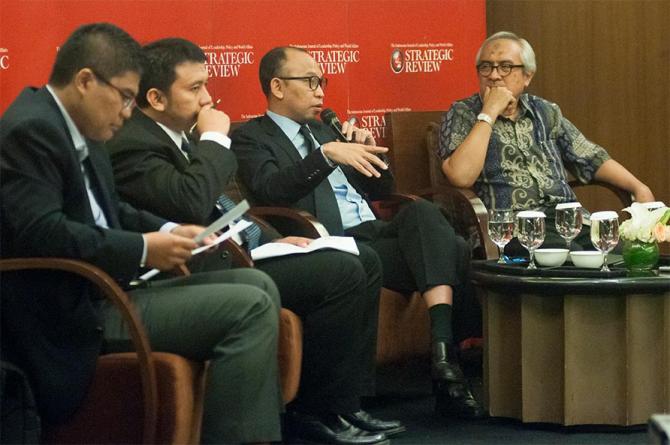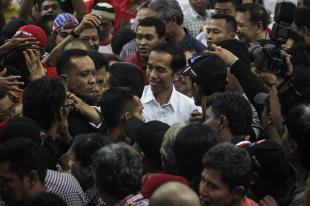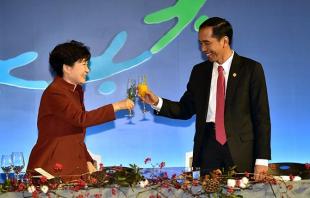JOURNAL | INDONESIA 360
In opening a wide-ranging Strategic Review public forum in early October on the topic, “Should Fiscal Policy Be Used to Promote Public Health?” Wijayanto, a vice rector of Paramadina University in Jakarta, began by talking about the piano.
Five years ago, he explained, “I bought a piano.” His goal was to learn to play so that he would have a lasting hobby as he grew older. “But after five years,” he said, “I can play nothing. It is not as easy as it looks. The instructions are clear, but it is far more complex than just ‘doe, re, me, fa, so, la, ti, doe.’”
This, Wijayanto said, got him thinking about government policy. The economic policy bureaucracy is like the piano, only more complicated. “The ‘Indonesian Economy’ piano has many keys, he said. “But even when we press the ‘doe’ key or the ‘fa’ key, if it doesn’t always produce the right sound. Imagine how difficult it must be to play the ‘Indonesian Economy’ piano.”
In considering public health and other complex issues, Wijayanto said, Indonesia is trying to improve something, but the policy outcome may turn out to be the opposite. We raise excise taxes, for example, and for a time, revenue increases, but then industry slows down and soon tax revenue actually decreases. “The question is, will the piano key named ‘fiscal policy’ (raising excise taxes on carbonated beverages, for example) produce the beautiful song we expected? There are so many factors.”
In setting his intricate musical stage, Wijayanto, who is now an economic adviser to Vice President Jusuf Kalla, asked a series of experts – among them then-Finance Minister Chatib Basri – to discuss the complexities and pitfalls of using fiscal policy to make the nation healthier. It is not an easy thing to do.

 Indonesia's police - has there been reform?
Indonesia's police - has there been reform?  Realizing Indonesia's 'Impian 2085'
Realizing Indonesia's 'Impian 2085'  Balancing growth with equity: The case of Indonesia
Balancing growth with equity: The case of Indonesia  Indonesia and South Korea: Asia's two middle powers
Indonesia and South Korea: Asia's two middle powers  Rebels without a cause: Inside Indonesia's violent biker gangs
Rebels without a cause: Inside Indonesia's violent biker gangs